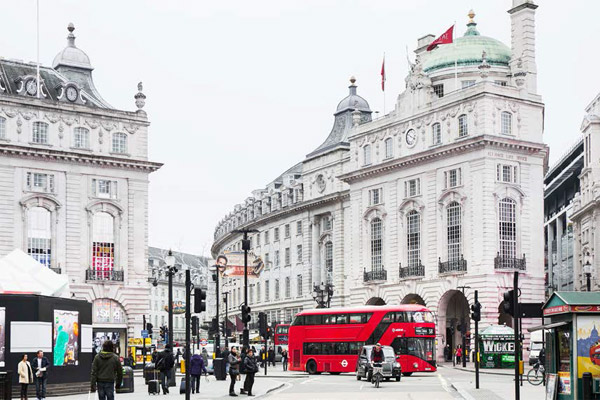
London, HK face biggest housing bubble risk
LONDON, November 2, 2015
Majority of the prime cities across the globe are teither overvalued or in danger of a housing bubble with London and Hong Kong facing the greatest risks, according to a report.
The real estate prices in many global cities have doubled since 1998 in real terms. On average, they are higher than before the 2007-08 financial crisis, stated Swiss bank UBS in its report which analyses residential property prices in 15 select cities around the world.
Cities at or near the bubble risk zone face a higher risk of a large price correction. A change in macroeconomic momentum, a shift in investor sentiment or a major supply increase could trigger a decline in house prices, it added.
According to the UBS Global Real Estate Bubble Index, the London housing market is in bubble-risk territory with a score of 1.88.
The price-to-income and price-to-rent ratios in the British capital have reached all-time highs. Only Hong Kong exhibits worse affordability levels, stated the report.
Real housing prices have been volatile the last 10 years, with successive periods of double-digit percentage and zero annual growth. A record-high price-to-income ratio of 21 and a price-to-rent ratio of 33 point to unsustainable price levels, it added.
The UBS Global Real Estate Bubble Index said the risk of a residential property bubble is most distinct in London and Hong Kong.
The former British colony ranks second in the UBS Global Real Estate Bubble Index with a score of 1.67, which indicates bubble risk.
Deviations from the long-term norm point to significantly overvalued housing markets in Sydney, Vancouver, San Francisco and Amsterdam, it stated.
Valuations are also stretched in Geneva, Zurich, Paris, Frankfurt and, to a lesser degree, Tokyo and Singapore, the report added.
In an analysis of select markets around the world, the UBS Chief Investment Office Wealth Management's (CIO WM) report finds that housing markets in most cities studied are overvalued.
The US cities of New York and Boston are fair-valued relative to their own history, while Chicago is undervalued, the report pointed out.
Claudio Saputelli, the head global real estate in UBS CIO WM, said: "A mix of optimistic expectations, favourable economic fundamentals and capital inflows from abroad has caused valuations to soar in certain cities in recent years. Loose monetary policy has prevented a normalisation of housing markets and encouraged local bubble risks to grow."
"The term bubble refers to a substantial and sustained mispricing of an asset. A bubble cannot be proven conclusively unless it bursts, but recurring patterns of property market excesses are observable in the historical data. "It is essential to identify the signs of a bubble early on – that's why we have launched the UBS Global Real Estate Bubble Index," added Saputelli.
The UBS Global Real Estate Bubble Index gauges the risk of a property bubble on the basis of such patterns in select global financial centers. The index uses the following risk-based classifications: depressed, undervalued, fair-valued, overvalued and bubble risk.
The analysis is complemented by a comparison of current price-to-income (PI) and price-to-rent (PR) ratios. Low affordability indicated by the PI ratio points to diminished long-term price appreciation prospects, while high PR multiples indicate a dangerous dependence on low interest rates.
Matthias Holzhey, the economist at UBS CIO WM, said: "House prices have decoupled most from local incomes in Hong Kong, London, Paris, Singapore, New York and Tokyo, where buying a 60-sq-m apartment exceeds the budget of most people who work even in the highly skilled service sector."-TradeArabia News Service







